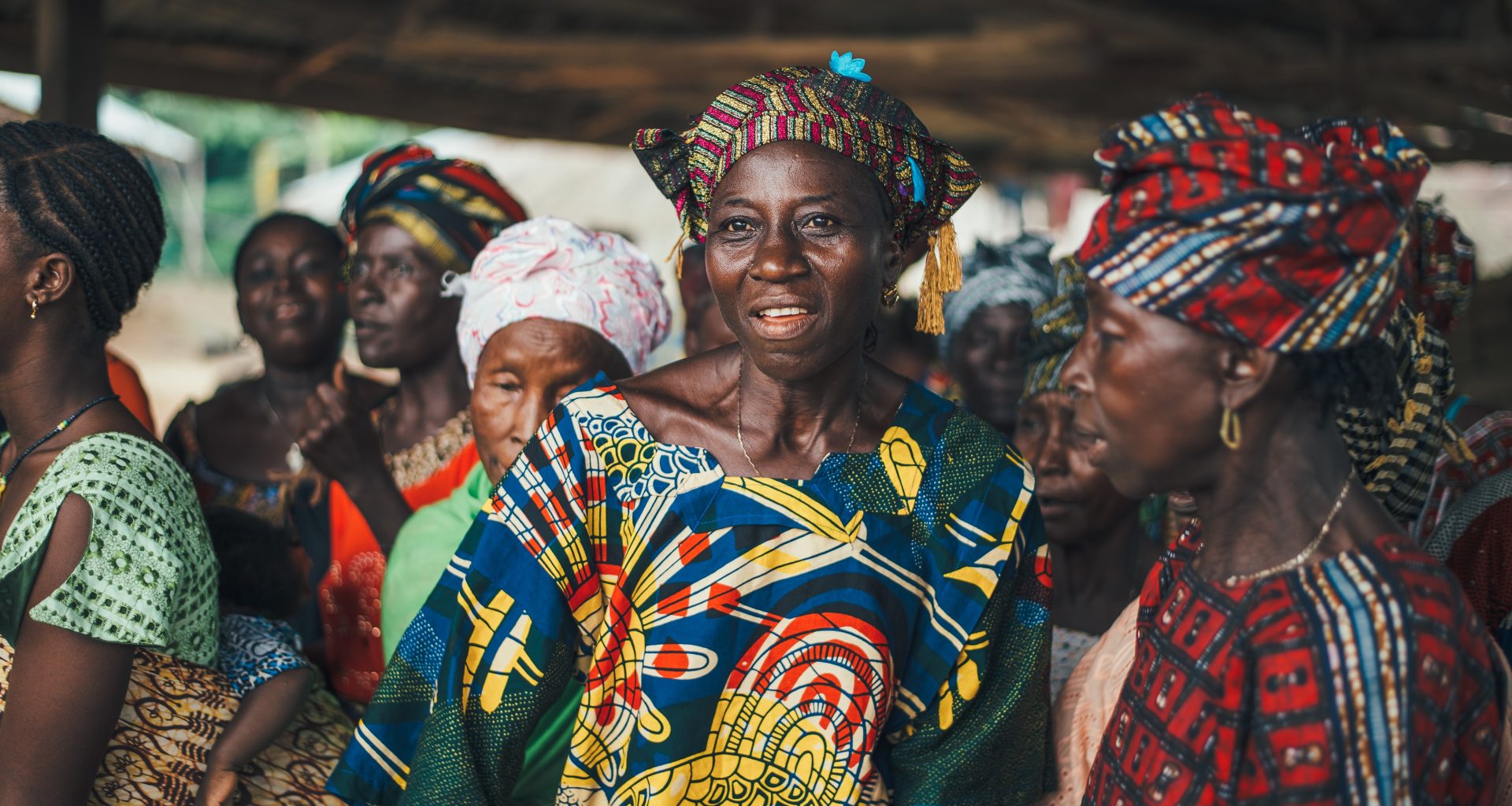Sierra Leonean women are celebrating the 2023 International Women’s Day in high spirits. It’s the first Women’s History Month since the signing of the Gender Equality and Women’s Empowerment (GEWE) Act, a law described as an unprecedented ‘win’ for the women of Sierra Leone since its long-driven clamour for gender equality.
While the law is being applauded by many women, rights activists, and civil societies, there is still a long road for Sierra Leone in the UN Development Program’s Gender Inequality Index where it currently ranks 181 out of 191 countries. This status quo leaves much to be desired.
The challenges of women in Sierra Leone are enormous, including sexual and domestic violence, access to opportunities, health care, education, and finances. The maternal mortality rate in Sierra Leone is the highest in the world with 1,360 mothers dying in every 100,000 live births.
“One of the challenges is traditional and parochial beliefs about the place of a woman in the home, in the community, and in the wider world.” says Sylvia Blyden, who served as Minister of Social Welfare, Gender and Children’s Affairs from 2016 to 2017. The beliefs include the notion that any woman who raises her voice to argue with men or who puts pen to paper or finger to keyboard to dispute what the male-dominated society has ordained, will automatically be seen as an aberration.
These many challenges have hampered the gender equality index in Sierra Leone and all of these factors are exacerbated by a weak economy, poor infrastructure, and limited access to resources, states entrepreneur Ragiatu Kanu, who adds that ‘the lack of economic empowerment leaves many women with few options to escape from poverty and violence.’ However, there is a glimpse of hope for women in Sierra Leone with the Gender Equality and Women’s Empowerment (GEWE) Act which enshrines improvements to women’s access to finance, employment opportunities, equal pay, maternity leave, and, most critically of all, political representation. The new law also establishes 30 percent representation of women in cabinet, parliament, and appointment in ambassadorial and foreign missions as well as the the civil service, legal council and in private institutions and enterprises with more than 25 employees.
Gender equality truly means equal rights, responsibilities and opportunities. But when the desirable is unavailable, then the available becomes desirable. “We first started advocating for what we called the 50% cause. We wanted to be at par with the men. But if we can’t have 50%, let’s have the 30% quota”, says Millicent Kargbo, the Executive President of the Sierra Leone Association of Women in Journalism (SLAWIJ), applauding the ‘huge gain’ recorded with GEWE.

Millicent Kargbo, Executive President of the Sierra Leone Association of Women in Journalism (SLAWIJ)
Gender Equality is on the United Nations’ 2030 agenda for sustainable development. As many countries work towards achieving this goal, the GEWE act plays an important and positive step forward toward gender equality in Sierra Leone. However, the implementation of the law poses a great barrier.
Joseph Ayamga, the Country Director of SEND Sierra Leone says that cultural practices and the patriarchal system are still entrenched among women in the country. ‘You can have all the best laws but once the culture doesn’t change, you will still have the same problem, attitude and mindset,’ he says while raising questions about the government’s ability to allocate resources to the different institutions that are responsible for the implementation of the law.

Joseph Ayamga, Country Director of SEND Sierra Leone.
The educational qualification of women in Sierra Leone to hold executive positions also raises concerns about the implementation of the law. 33% of men in Sierra Leone have reached at least a secondary education; with only 20.1% of women doing the same. “So, if you have the wrong women in those positions and they’re not able to deliver, it will also have a general effect on the development of the country.” says Ayamga.
In the same vein, former President of the Sierra Leone Bar Association, Basita Michael, says the constitution’s accountability architecture has inherent flaws, with socio-economic rights being unenforceable. For instance, woman cannot hold their leaders accountable in court for failing to provide access to health and other socio-economic rights, which leaves leaders in power with little accountability for women’s rights and people’s well-being.
According to Nicky Spencer-Coker, the Advocacy Officer at Purposeful, you cannot legislate reforms but this law helps girls and women to have access to opportunities and resources. It will help activate women to take one step forward. This law will open the door that is needed for the reforms that will help girls and women.
Millicent Kargbo agrees that achieving gender equality, and protecting women’s rights and empowerment is continuous. Sierra Leone has made some gains, but there is still a long way to go.

 Post a comment
Post a comment








